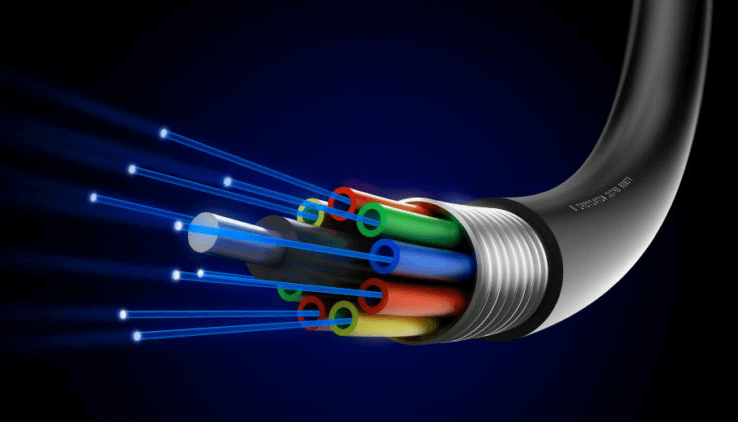Advances in Medical Lensed and Tapered Fiber Optic Instruments for Improving Patient Care
How is fiber optic technology reshaping medical instruments to enhance patient care? With advancements in diagnostics, imaging, and surgical tools, healthcare is evolving rapidly. Fiber optics, particularly lensed fibers and tapered optical fibers, have become essential components of modern medical […]
Future of Cloud Computing with Fiber Optics Technology
What drives the incredible speed, security, and reliability of modern cloud computing? The answer lies in the integration of fiber optics technology with lensed optical fibers. Cloud computing provides on-demand resources and massive data storage. It has become essential in […]

How Lensed Fibers Are Used in the Photonics Industry?
Lensed fibers are powerful tools used in the photonics industry. They help guide and focus light with great precision. This accuracy is essential in many photonics applications, from data transfer to medical lasers. Here’s a closer look at how lensed […]
What is the Future of Fiber Optic Sensors in the World of IoT?
The Internet of Things (IoT) is transforming the way we collect and utilize data, revolutionizing industries from healthcare and agriculture to manufacturing and transportation. At the heart of this technological revolution are sensors, which play a crucial role in monitoring, […]
10 Challenges and Their Solutions in Fiber Optic Sensor Deployment
Fiber optic sensors have gained immense popularity in various industries due to their high sensitivity, immunity to electromagnetic interference, and ability to operate in harsh environments. They are the backbone of many critical applications, from structural health monitoring to medical […]
Applications of Conical Lens Fiber
A New Dimension to Enable Precision Design in the Fiber Optic Network With the improving dimensions of fiber-optics, newer technologies have been emerging to bridge the gap in the conventional optic structure. The developments have been primarily focused on the […]

What is The Use of Laser Diodes? What Properties Make Them So Beneficial?
Used in telecommunication process across industries, a laser diode is a kind of light-emitting, semi-conductor device. The emitted light from the laser diode has waves with same frequency and phase. With the advancement of the optical fiber technology, laser diodes […]

How the Use of Fiber Optic Cable in Networking Has Improved Communication
Made from thin strands of plastic or glass known as optical fibers, the fiber optic cables have become the standard in the present day communication. Contrary to other types of traditional cables, fiber optic cables use pulses of light instead […]
